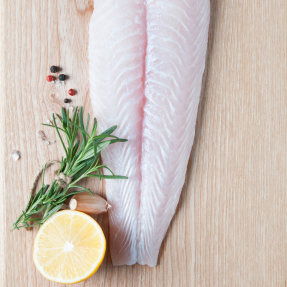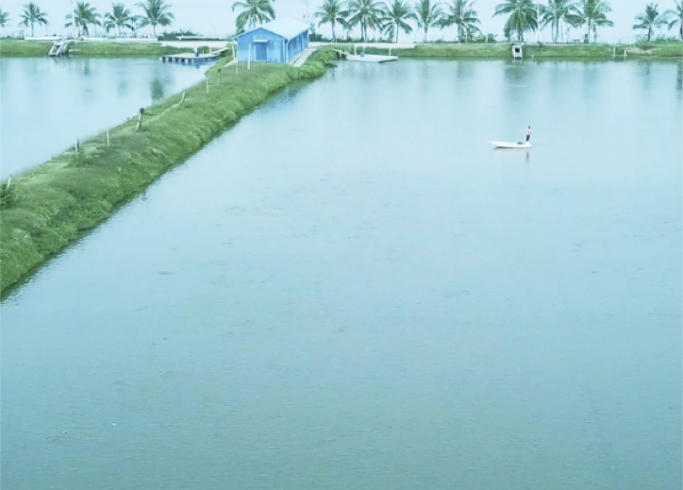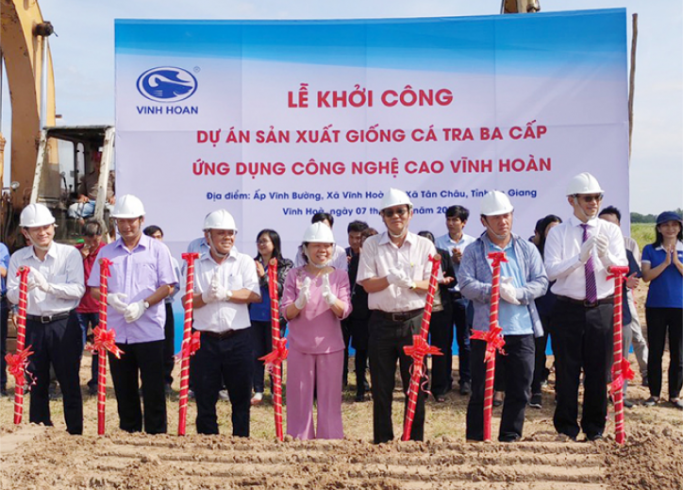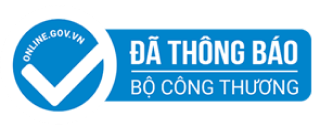Vaccine and welfare for Pangasius
16 September 2021
Vaccine and welfare for Pangasius: Reducing antibiotics, increasing focus on sustainability, and improving profitability.
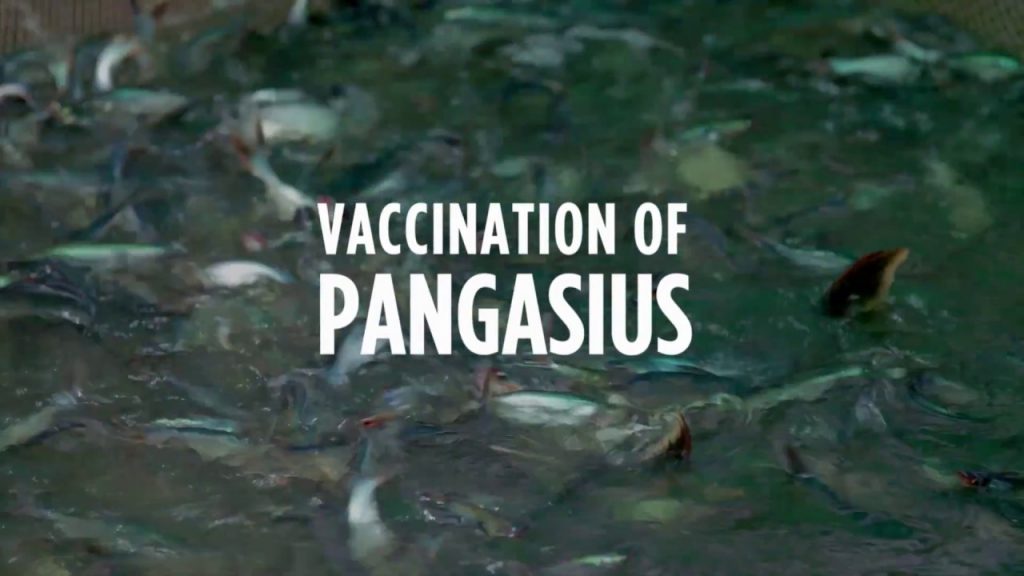
Pangasius and Diseases
As in other developing aquaculture industries, health challenges have been encountered as pangasius farming has expanded. The two most common disease-causing bacteria are Edwardsiella ictaluri and Aeromonas hydrophila, and outbreaks may be triggered by climatic changes or exposure to stress, such as handling and transportation.
To solve the above challenges, we are making a strong effort to facilitate sustainable growth in the industry. Our efforts encompass increasing the competence of fish health management, initiation of breeding programs, optimization of nutrition, and investments in new technologies. We recognize the need to switch from therapeutics to preventive treatments, such as vaccines, to reduce and replace the use of antibiotics.
An important strategic partnership
After a period of research and find solutions, we made a strategic decision to cooperate with PHARMAQ, a business of the leading global animal health company Zoetis. On August 22, 2018, Vinh Hoan signed a long-term strategic partnership agreement with PHARMAQ.
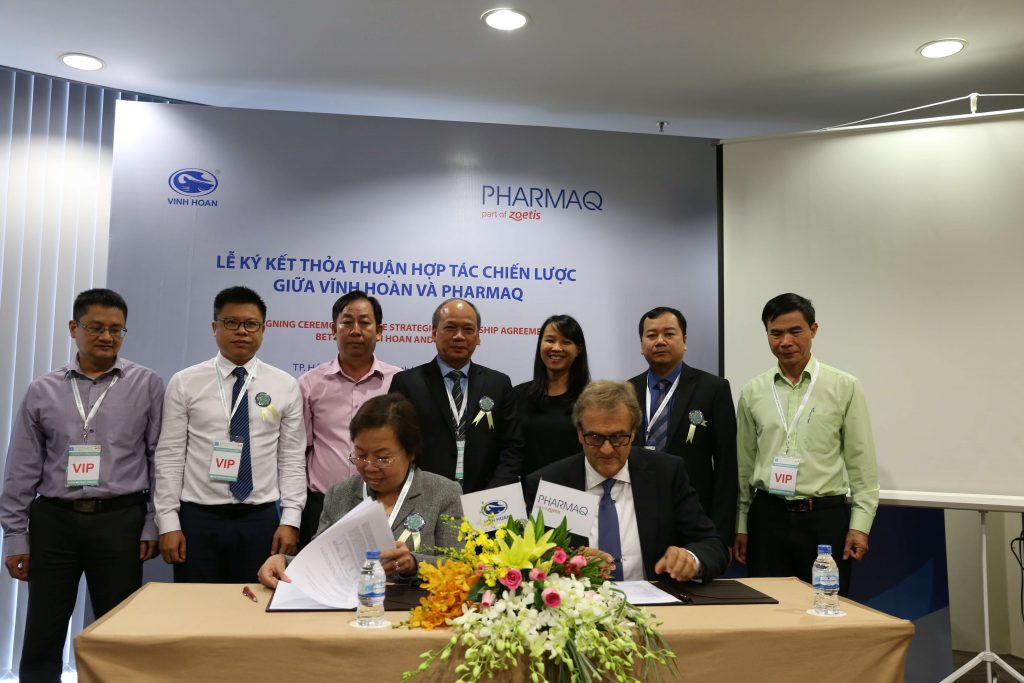
The agreement was signed during the VIETFISH Exhibition in Ho Chi Minh City by Mrs. Truong Thi Le Khanh, Chairwoman of Vinh Hoan, and Mr. Morten Nordstad, President of PHARMAQ The ceremony was attended by Mr. Vũ Văn Tám, Deputy Minister of the Ministry of Agriculture and Rural Development in Vietnam. The collaboration involves large-scale vaccination of pangasius with ALPHA JECT Panga 2, a PHARMAQ vaccine that protects against disease caused by the bacteria Edwardsiella Ictaluriand Aeromonas Hydrophila.
The large-scale adoption of vaccines is a major milestone for Vinh Hoan and the Vietnamese pangasius industry. As already proven in salmonid farming, the use of efficacious vaccines can reduce or replace the use of antibiotics in the treatment of disease, ensure food safety, and improve sustainability and profitability for fish farmers. Treating the fish prophylactically to prevent disease is also advantageous from an animal welfare perspective.
“Our goal is to offer healthy and safe food without environmental and economic trade-offs, and the use of vaccines is essential to reach this objective,” said Ms. Vi Tam, CEO of Vinh Hoan.

